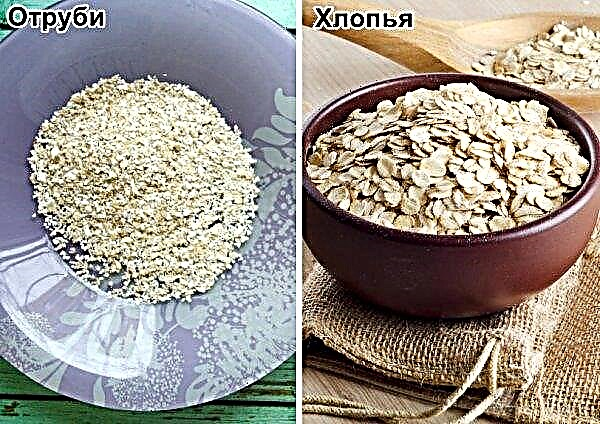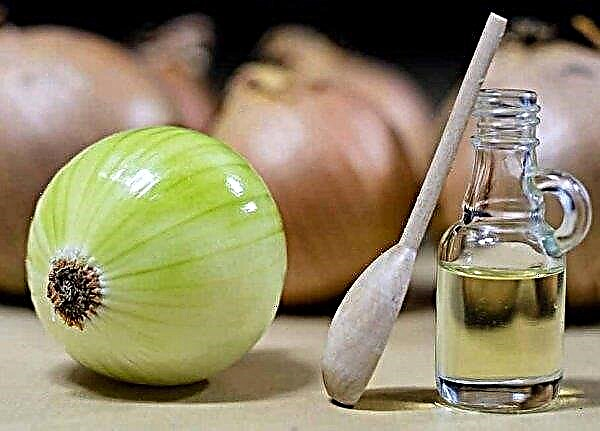Buckwheat is one of the most popular products that is found on the table in almost every person. It has a unique taste, nutritiousness, and is also able to give the body a whole complex of minerals and useful compounds. However, few people know that buckwheat porridge has a powerful effect on the health of the stronger sex. The article describes in detail the composition of buckwheat, as well as the benefits and harms for men from eating dishes prepared from it.
Calorie content and chemical composition
Buckwheat is considered one of the most valuable products in the diet of a modern person. That is why it is recommended to use it for everyone, with almost no age restrictions. This is explained by the rather rich chemical composition of the product.
The following trace elements are found in buckwheat kernels:
- ferum;
- silicon;
- calcium;
- potassium;
- sodium;
- magnesium;
- chlorine;
- phosphorus;
- sulfur;
- cuprum;
- iodine;
- molybdenum;
- cobalt;
- zinc;
- fluorine;
- nickel;
- manganese.

Special attention should be paid to trace elements such as selenium and vanadium. They are found exclusively in grains of cereal crops, while buckwheat is a record holder for their content. With its periodic use, this allows you to completely solve the problem of deficiency of selenium and vanadium in the metabolism.
Did you know? Buckwheat is one of the most ancient foods used by humans. It was introduced into the food culture more than 5 thousand years ago, in the territory of modern India and Nepal.
Buckwheat is also characterized by a high content of vitamins. Among them, vitamin A, groups B, E, and PP differ in the highest concentrations, while choline (B4) from all cereal crops is found only in buckwheat. In addition, the product is rich in the following compounds: polyunsaturated fatty acids, folic acid, fiber, amino acids (tryptophan, lysine, threonine), tricarboxylic acids (citric, oxalic, maleic), tocopherols and phospholipids.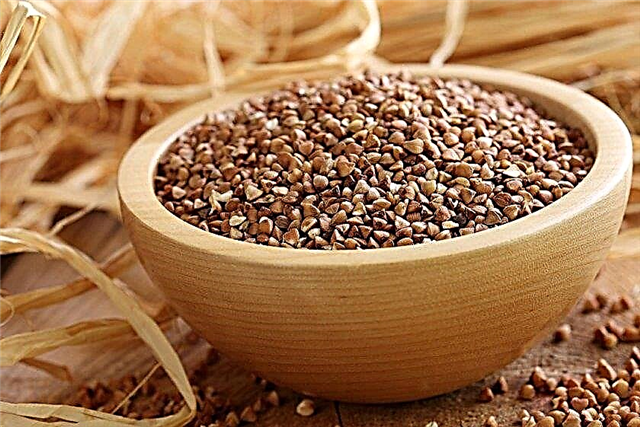
Energy value of buckwheat groats (per 100 g):
| Squirrels | 12.5 g |
| Fats | 3.5 g |
| Carbohydrates | 62 g |
| Calorie content | 330 kcal |
Beneficial features
The use of buckwheat today can be called one of the few ways to support the body against a whole complex of various ailments, as well as have a therapeutic effect on health.
First of all, the rich composition makes it possible to eliminate problems with hormonal metabolism, including stopping the development of chronic processes. This feature of the product allows you to improve the composition of the blood, as well as have a beneficial effect on the entire cardiovascular system.
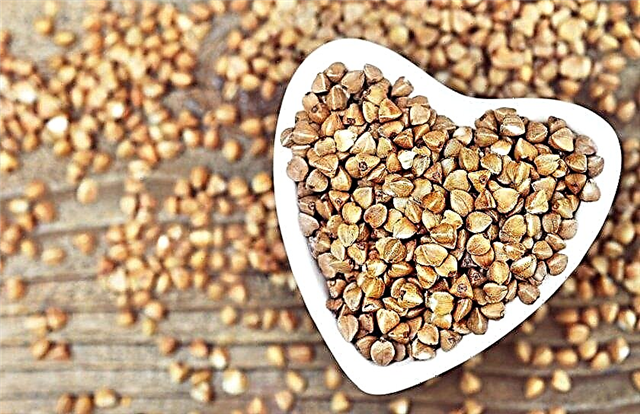
The systematic use of buckwheat allows you to normalize the digestion, as well as the entire gastrointestinal tract. Due to the increased content of phospholipids and tocopherols, it is possible to improve the functioning of the pituitary gland, as well as the thyroid gland.
- In addition, due to its rich composition, the product allows you to protect yourself from:
- atherosclerosis;
- oncological formations;
- exhaustion of the body;
- low immunity;
- skin and liver problems;
- premature aging;
- harmful effects of all kinds of toxins (including preservatives).
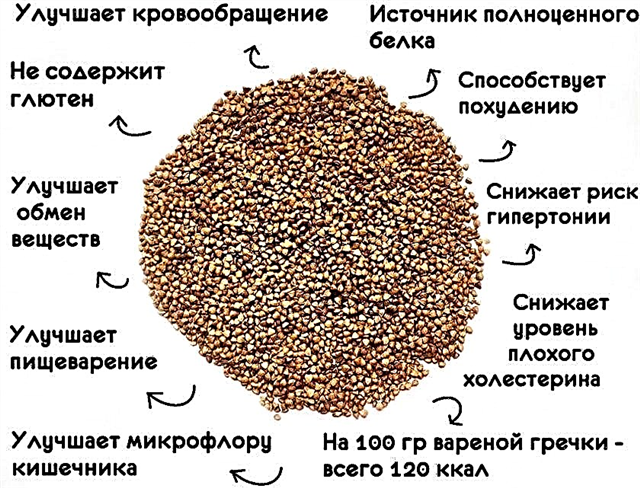
Separately, it is necessary to highlight the high protein content in the product. Its concentration allows the use of buckwheat as one of the available sources of easily digestible amino acids. And this makes it possible to stock up on strength and necessary energy for the whole day, which is especially important for men, whose work is often associated with heavy physical activity.
Did you know? According to one theory, the Slavs began to call buckwheat "buckwheat" for a reason. This is due to the fact that the product was brought into their territory from Byzantium (about the 7th century AD) by Greek sailors.
Effect on potency
In the last decade, the beneficial effect of buckwheat on potency, as well as fertility, has been proven. First of all, croup allows you to increase the amount of dopamine in the blood. This is the so-called "hormone of happiness", which helps to overcome depression and other emotional disorders, which in some cases is the main cause of problems with potency.
The high nutritional and dietary value of this cereal enables men to avoid obesity and overweight problems without harming their metabolism. EThis allows you to protect hormonal metabolism from disorders, including those associated with testosterone. And the lack of this particular substance in 50% causes reproductive disorders.
Important! The maximum amount of buckwheat per day should be no more than 150 g. Exceeding this norm is detrimental to health.
A unique complex of microelements in buckwheat groats, namely readily available zinc and magnesium compounds, will also be useful for men. Periodic replenishment of their deficit allows you to fully protect the reproductive system from pathologies, as well as permanently remove age-related disorders.
Harm and contraindications
The benefits of buckwheat are undeniable, but sometimes this product can cause harm to men's health. The abuse of porridge and other dishes can provoke an acute allergic reaction with typical symptoms of pathology (fever, suffocation, itching and redness of the skin).
- In addition, a sharp predominance of cereals over other products in the diet for a long time can provoke:
- weakened immunity;
- digestive disorders;
- diabetes;
- violation of the cardiovascular system.

Direct clinical contraindications to the use of buckwheat are considered erosive digestive disorders. These include, first of all, gastritis, as well as ulcerative pathologies of the stomach and duodenum.
Important! Buckwheat should not be consumed with sugar, any sweetener almost completely destroys all the useful properties of cereals.
In the diet of every man, buckwheat is an indispensable product. Croup has more than one useful property, and is also distinguished by its nutritional value and rich protein composition. This allows you to protect the body against many ailments, including those associated with the reproductive system. However, buckwheat should be consumed sparingly, otherwise a healthy porridge can cause a whole range of disorders of the gastrointestinal tract and other systems.



